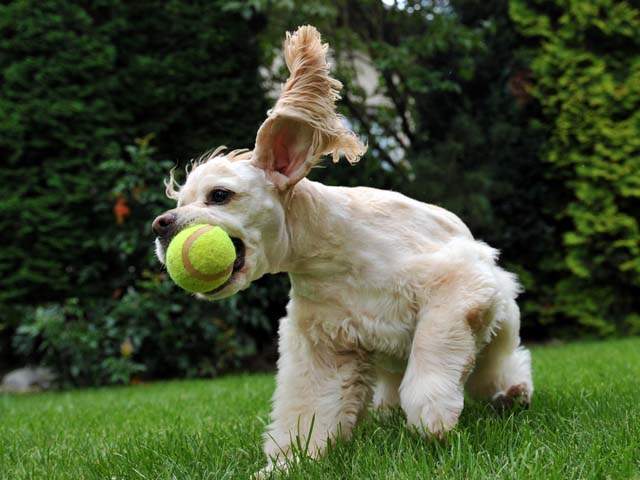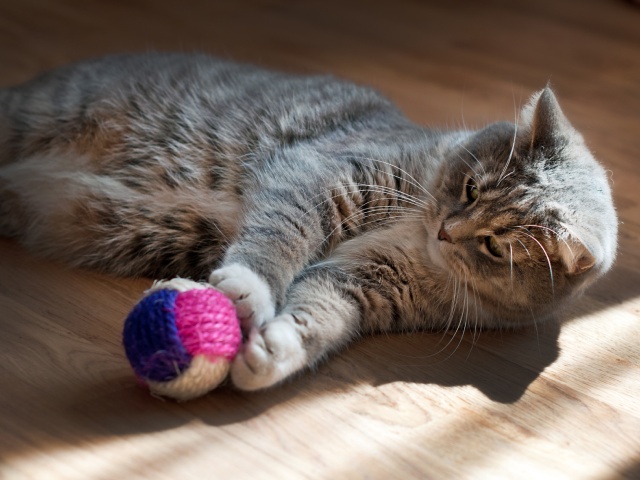Like doing, would like to... (B2)
Verbs with ING or TO (417)
Slovesa s ING nebo TO (4. část)
Na Landigo se dnes zaměříme na slovesa typu LIKE, WOULD LIKE, HATE, PREFER a jejich použití s ING nebo TO infinitivem (like doing/to do, would like to do...).
Slovesa s ING nebo TO – procvičování:
Další související lekce:
- Slovesa s ING nebo TO (A2)
- Slovesa s ING nebo TO (B1) – 1. část, 2. část
- Slovesa s ING nebo TO (B2) – 3. část, 5. část
Sarah and I like sailing in the Caribbean. Would you like to sail with us sometime?
| LIKE + -ING/TO: |
We like sailing.
|
|
We like to sail.
|
|
| WOULD LIKE + TO: |
Would you like sailing to sail?
|


Rozlišujeme tři typy sloves:
- Slovesa s -ING/TO infinitivem (like, love, hate...):
I like doing it.I like to do it.
- Slovesa s TO infinitivem (would like, would love, would hate...):
I'd like to do it.
- Slovesa s -ING (enjoy, fancy, feel like...):
I enjoy doing it.
Like doing, like to do...
Slovesa s -ING/TO infinitivem:
| + DOING/TO DO |
|---|
| like, love |
| hate, can't/couldn't bear |
| prefer |
















Pedro and Camila love to blow bubbles from the bubble blower.
|
They love to blow them.
|
|
They love blowing them.
|


Po LIKING, LOVING, HATING... používáme infinitiv s TO:
|
Liking to read begins with liking to listen to stories.
|
Záliba ve čtení začíná zálibou v poslouchání příběhů. |
|
Hating to lose is common among athletes.
|
To, že sportovci neradi prohrávají, je běžné. |
Neříkáme obvykle: liking reading, liking listening...
Joane grew up loving to draw pictures. She's an accomplished artist now.
|
She grew up loving drawing to draw.
|


I like doing = I enjoy doing
I like to do = It's my habit/right to do.
Po LIKE, HATE, PREFER a CAN'T BEAR je v britské angličtině běžný ING i TO infinitiv. V americké angličtině se používá obvykle TO infinitiv:
| BrE | AmE |
|---|---|
|
I like doing it.
|
I like to do it.
|
|
I like to do it.
|
Rozdíl mezi LIKE DOING, HATE DOING... a LIKE TO DO, HATE TO DO... bývá minimální. Někdy se rozlišují dva významy:
- LIKE DOING = zdůrazňujeme činnost jako takovou a to, že si ji (ne)užíváme
- LIKE TO DO = zdůrazňujeme spíše výsledek činnosti, zvyk nebo preferenci
Porovnejte:
|
Do you like cooking? (= Do you enjoy it?)
|
John likes to cook every Sunday. (= He's used to doing it.)
|
|
I hate driving alone. (= Driving alone isn't something I enjoy.)
|
I hate to drive on my own. (= I prefer not to drive on my own.)
|
|
Sally doesn't like washing the dishes. (= She doesn't enjoy it.)
|
Sally likes to wash her hair every day. (= She thinks it's the right thing to do.)
|
Sam used to like rowing, but now his back gets too sore from pulling the oars.
| Užívat si: |
|
He liked rowing.
|
|
He enjoyed rowing.
|


How do you like to drink your coffee? – I usually have it with milk and two sugars.
| Zvyk, preference: |
|
How do you like to drink it?
|
|
How do you usually drink it?
|


We can't bear seeing Amanda sad after the breakup.
| Neužívat si: |
|
We can't bear seeing her sad.
|
|
We don't enjoy seeing her sad.
|


I prefer to work in the morning. It's not that I enjoy it more, it's just more practical for me.
| Zvyk, preference: |
|
I prefer to work in the morning.
|
| Užívat si: |
|
I prefer working in the morning.
|


Would like to do, would love to do...
Slovesa s TO infinitivem:
| + TO DO |
|---|
| would like, would love |
| would hate |
| would prefer |
Neříkáme: would like doing








I need to hurry up. I'd hate to miss my train.
|
I'd hate missing to miss it.
|


Would like to have done, would like to have talked...
Po WOULD LIKE/LOVE/HATE/PREFER můžeme kromě přítomného infinitivu (to do, to talk...) použít i minulý infinitiv (to have done, to have talked...):
|
He would like to have talked to you yesterday. (= He regrets now that he didn't or couldn't talk to you.)
|
|
He would love to have spent more time with you last year. (= He regrets now that he didn't spend more time with you last year.)
|
|
He would hate not to have been able to see you in the past. (= He's glad now that he was able to see you in the past.)
|
|
He would prefer to have moved in with you then. (= He regrets now that he didn't or couldn't move in with you then.)
|
Alex would love to have stayed on the beach, but he had to pick up Jerry from the airport.
|
He'd love to have stayed.
|
|
He regrets now he couldn't stay then.
|


The lake was far away. I'd prefer to have gone by bike.
|
I'd prefer to have gone by bike.
|
|
I regret now I didn't go by bike.
|


It's a shame we were out of town. We'd like to have celebrated with you.
| Regret about the past: |
|
We'd like to have celebrated yesterday.
|
| Regret about the present/future: |
|
We'd like to celebrate now.
|


Would like to have done, would have liked to do...
Porovnejte:
| Present regret about a past event | Past regret about a past event |
|---|---|
|
I didn't want to apologise at the time, but now I would like to have apologised.
|
I would have liked to apologise at the time, but now I'm glad I didn't.
|
Podobně používáme také LOVE/HATE/PREFER.
I feel sorry for you. I'd hate to have been in your shoes.
| Současný názor na minulost: |
|
I'd hate to have been in your shoes.
|
| Minulý názor na minulost: |
|
I'd have hated to be in your shoes.
|


Ellen would have preferred to buy a red coat, but it was too expensive.
| Minulý názor na minulost: |
|
She'd have preferred to buy it.
|
| Současný názor na minulost: |
|
She'd prefer to have bought it.
|


Enjoy doing, fancy doing, feel like doing...
Slovesa s -ING:
| + DOING |
|---|
| enjoy, fancy |
| mind, would mind |
| dislike, can't/couldn't stand |
| feel like |
Neříkáme: enjoy to do












Would you mind dropping the children off at school?
|
Would you mind to drop dropping them off?
|


Let's find some shade. I can't stand walking around in this heat!
|
I can't stand to walk walking.
|


Slovesa s ING nebo TO – nejdůležitější body:
| + DOING/TO DO |
|---|
| like, love |
| hate, can't bear |
| prefer |
| + TO DO/TO HAVE DONE |
|---|
| would like, would love |
| would hate |
| would prefer |
| + DOING |
|---|
| enjoy, fancy |
| mind, would mind |
| dislike, can't stand |
| feel like |
Doporučujeme si procvičit slovesa s ING nebo TO (verbs with ING or TO) v našich cvičeních.
